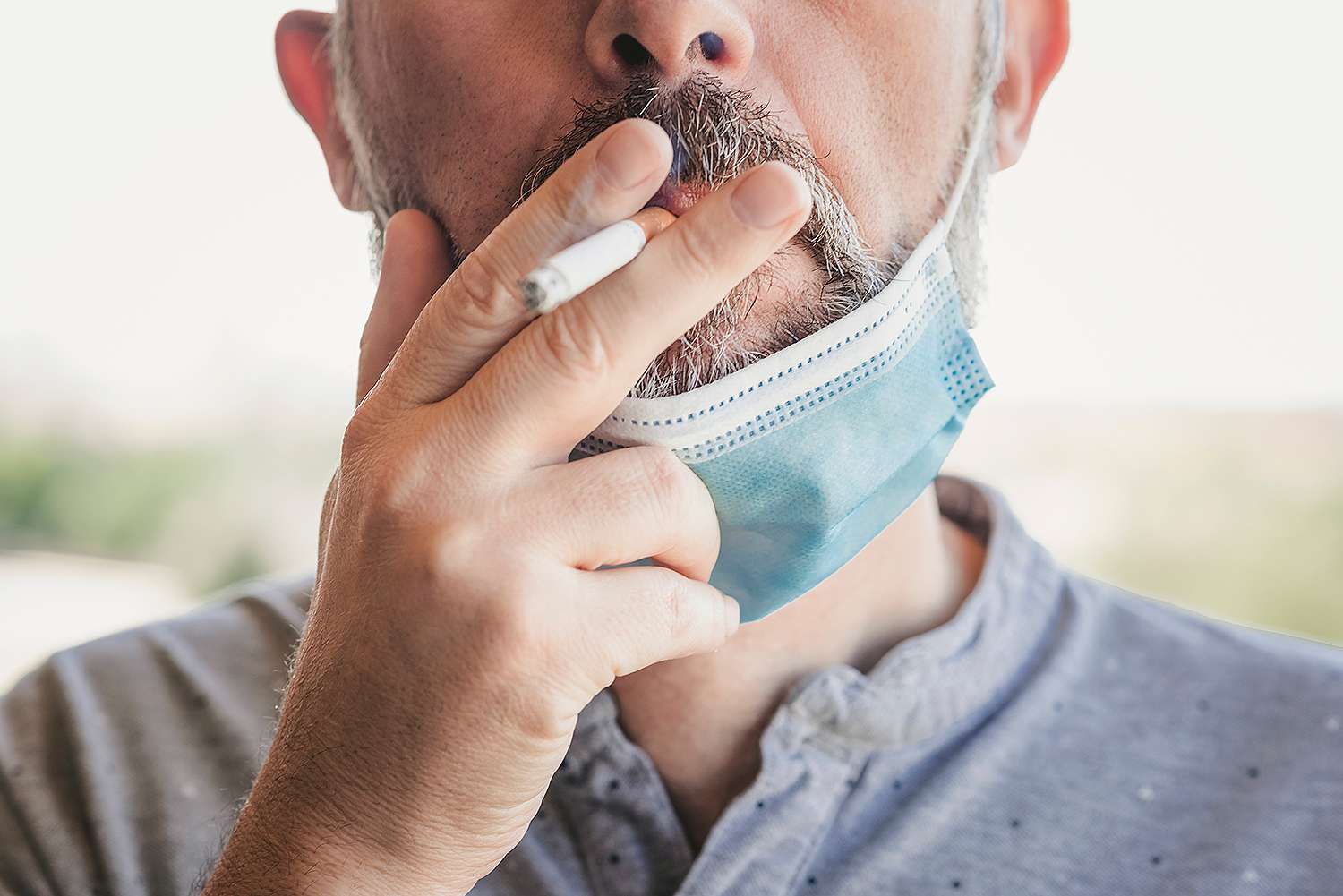
Smokers are getting earlier access to the COVID-19 vaccine in New Jersey.
The state announced Wednesday that vaccine eligibility now includes residents aged 16 to 64 with preexisting conditions, such as cancer, diabetes, heart diseases, chronic obstructive pulmonary disease (COPD) and obesity. The list also includes anyone who smokes, encompassing about 2 million people in New Jersey.
The decision led to outrage from some residents, who were angry that the state was prioritizing smokers over other groups, such as grocery store employees or teachers, some of whom are doing in-person learning with students.
New Jersey officials defended the decision during a briefing on Wednesday, explaining that "smoking puts you at significant risk for an adverse result from COVID-19," said Health Commissioner Judith Persichilli, NBC4 reported.
After further criticism, the New Jersey Department of Health again defended themselves on Thursday, saying that they were aware of the controversy but that they were just abiding by guidelines from the Centers for Disease Control.
"Nicotine is one of the most powerful addictions. Smoking put individuals at higher risk for more severe disease. If an individual who smokes gets COVID, they get sicker much quicker," Department of Health Director of Communications Donna Leusner said in a statement.
"Our goal is to save as many lives as possible and to promote vaccination among the highest risk groups," she continued. "Smoking is the leading cause of preventable death in the US as well as in NJ."
The CDC lists both current and former smokers on their site as people at an increased risk of severe COVID-19 illness. The health agency recommends that people who currently smoke should quit, and any former smokers should not take up the habit again.
The outrage over vaccine prioritization comes as the U.S. is struggling to organize an efficient vaccination program. At the end of 2020, the country fell far short of the Trump administration's goal to vaccinate 20 million Americans by the end of the year, instead reaching just 2.7 million. As of Jan. 14, around 10.3 million Americans have received at least one dose of the two approved vaccines, from Pfizer and Moderna, the CDC reports.
As information about the coronavirus pandemic rapidly changes, PEOPLE is committed to providing the most recent data in our coverage. Some of the information in this story may have changed after publication. For the latest on COVID-19, readers are encouraged to use online resources from the CDC, WHO and local public health departments. PEOPLE has partnered with GoFundMe to raise money for the COVID-19 Relief Fund, a GoFundMe.org fundraiser to support everything from frontline responders to families in need, as well as organizations helping communities. For more information or to donate, click here.
Source: Read Full Article
